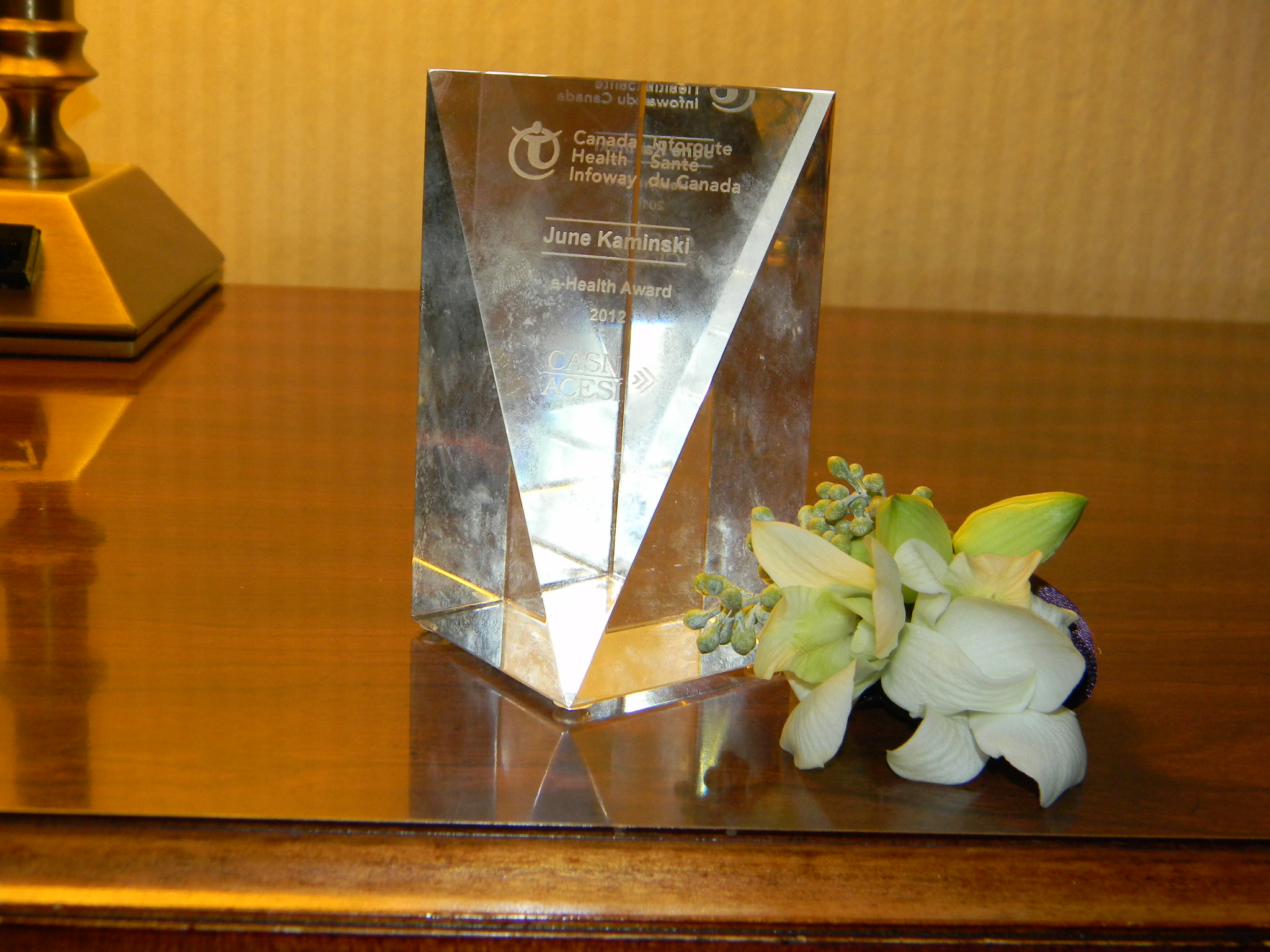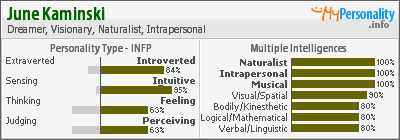Writing the Dissertation
CHAPTER ONE THE "INTRODUCTION"
The first chapter of a dissertation is normally given the title Introduction, and it serves many purposes. It is the place where you should
* discuss the motivation for the work that is being reported
* state and define the problem that the dissertation is trying to address or solve
* state the aims and objectives of the work
* give an indication of how the work will be progressed
* provide a brief overview of each of the main chapters that the reader will encounter
When writing the motivation for the research work that has been carried out, do not go into the details. Leave this for later chapters. Give a brief overview of the problem that you are tackling, and be specific about what the work is trying to achieve, and what you will be doing to meet these objectives. From an assessment point of view, one of the measures of success is whether the objectives listed in this chapter have been achieved. While a research project may start off with a set of objectives, it is often the case that these will change as the project evolves. Such is the nature of research. You should take this into consideration when stating the objectives of the project.
Like the Abstract, the Introduction should be written to engage the interest of the reader. It should also give the reader an idea of how the dissertation is structured, and in doing so, define the thread of the contents.
Tip
Leave the Introduction chapter as one of the last to write. By then, the structure of the dissertation would be fixed, making it easier to give the overview of the chapters and what they contain. Also, based on the results that have been included, you would have an idea of what the "real" contributions of the dissertation are, enabling you to state the objectives accordingly.
Main text divided into chapters, with appropriate chapter headings, to include
* a chapter to introduce the research; the motivation and the objectives; and to provide an overview of the dissertation
.
* a chapter reviewing the work that has done in the area
* a chapter or two to describe in detail the methodology adopted or proposed
* a chapter or two presenting the main results of the work
* a concluding chapter that summarises the main findings of the research; statements about the main contributions of the research and recommendations for future work
CHAPTER TWO THE "LITERATURE REVIEW"
There are many titles for this chapter, e.g. "Literature Survey"; "Previous Work", and other similar phrases. The Literature Review is there for you to:
* provide details about the motivation for the project
* state why the problem addressed by the dissertation is important
* set the scene for the work described in the dissertation
* describe what others have done and hence sets a benchmark for the current project
* jusify the use of specific solution techniques or problem solving procedures in your work
It is called the Literature Review because the contents of this chapter are based on published material. A thorough literature review is essential because it shows that you have studied rigorously what others have done. This lends credibility when you state the problem the dissertation is addressing, and when you provide reasons as to why obtaining a solution is important. Where applicable, you should also include a critique of the available solutions to the problem that your are tackling. This would implicitly provide justifications for the project and, at the same time, establish benchmarks against which your contributions can be assessed. Therefore, make sure that you seek out the most recent information relating to your field of study. You may, if you wish, include a discussion about your approach to the problem, and which of the published work will form the basis of your investigations.
The Literature Review is obviously a very important chapter. However, students doing research for the first time often find it difficult to write. There are a number of reasons for this:
* they do not know where to look for information
* there may be a huge amount of published work on the subject area, dating back many years, and they find it difficult to judge which material is relevant
* the work is a "hot-topic" and keeping track of the state-of-the-art is difficult
* they find it difficult to summarise the ideas and results of numerous publications into a coherent single account
Unfortunately, much of these skills can be gained only through experience. The following tips will, hopefully, make life that much easier.
When writing the Literature Review
* include only those work that is relevant to your research. You may have read dozens upon dozens of papers, but there will be some that do not contribute to the points that your are trying to make, or there will be papers that give identical information. Because of the time you spent trying to understand them, you may be tempted incorporate all that you have read. Attempting to do this will make what is already a difficult task impossible.
* make sure that you have read and understood cited work, otherwise you can get into hot water. Assessors like to ask questions like: "So tell me what you understand about the proposal by Smith and Wesson 1945)".
* organise your content according to ideas instead of individual publications. This helps ensure the smooth flow of contents and make the chapter more readable. It also shows that you have an appreciation of the subject area.
* do not simply quote or paraphrase the contents of published articles. You should try to weave the information into focussed views, incorporating where possible, your own opinions and comments. This will demonstrate your deeper understanding of the topic.
THE "CONCLUSIONS AND RECOMMENDATIONS FOR FURTHER WORK"
After reading your Abstract and Introduction, most assessors will make a beeline for the Conclusions and Recommendations for Further Work (or similarly titled) chapter.There are three distinct parts to this, the last of the main chapters, and arguably the most important of the lot. It is here where you wrap up the dissertation by providing:
* a summary of the main findings of the dissertation
* a list of the contributions of the work
* directions for further research
The assesors would want to know whether the project objectives been achieved and whether the work has contributed to knowledge - two of the most important criteria in judging the research work. Therefore, when compiling this chapter, you should focus on answering these questions.
Any conclusions drawn should be those resulting from your work. You may make references to the relevant chapters that support the listed finding. You may also refer to the work of others for comparison purposes. However, you should not be discussing your results here. All statements should be concise, and should be written to lead on to the contributions that you have made. One way to present the conclusions is to use one paragraph for each conclusion. Alternatively, use a point-by-point format.
When writing the dissertation, you should be aware of the worth and relevance of your work in relation to the current state-of-the-art (another reason for a rigorous Literature Review). Probably the best way to present this information is in point form. You should not be emabarassed about stating what your contributions are to the field of study. However, be realistic and do exercise restraint: your claims must be backed up by the results of your work, otherwise you might "hammered" by the assessors.
The Recommendations for Further Research section is also important. Research often exposes further problems and introduces more questions. As a student, there is a time limit to your research project, so it is unlikely that your work would have solved all the problems associated with the area of study. Therefore, you will be expected to make suggestions about how your work can be improved and, based on the your findings, whether there are areas that deserve further investigation. What you write in this section will show whether you have a firm appreciation of your work, and whether you have given sufficient thought to its implications, not only within the narrow confines of the research topic, but to related fields. These reflect your ability for original thought, and your potential to carry out original research; key issues in a research degree. In the case of a PhD thesis especially, where you are expected to be the expert, it would be more than embarassing if an assessor can make more suggestions about how your work can be progressed.
Tips
Doctoral Thesis should be...
A doctoral thesis must contain a substantial contribution of new knowledge to the field of study. It presents the results and an analysis of original research, and should be significant enough to be published.
Your thesis will be the final product of your time in graduate school. You should be planning your thesis from the very beginning of your degree program.
A thesis is a substantial piece of scholarly writing that reflects the writer's ability to:
* conduct research
* communicate the research
* critically analyze the literature
* present a detailed methodology and accurate results
* verify knowledge claims and sources meticulously
* link the topic of the thesis with the broader field
A thesis at the doctoral level is called a dissertation, but dissertations and theses are usually referred to collectively as theses.
VIEW CHECKLIST FOR TRADITIONAL THESIS
BREB APPLICATION SUBMITTED
Finally submitted the BREB application, including Protocol, Consent Form, Cover Letter, and Research Questions.
These all still need to be approved by Program Chair and BREB Committee, but what a relief!
It also made me realize that this should not be as onorous as I have been dreading.
I can do this!
CERTIFICATE GRANTED JULY 23RD, 2008!


